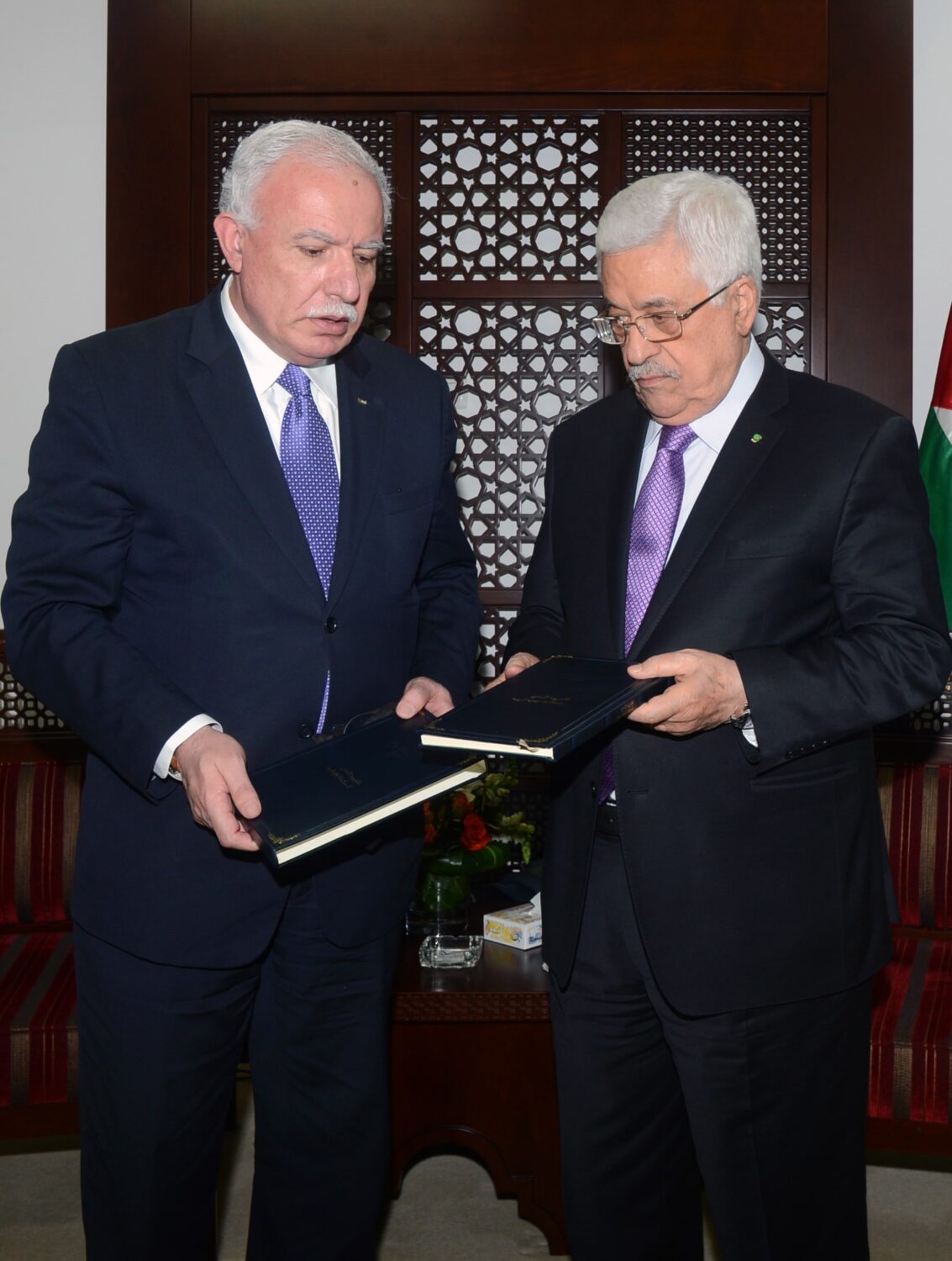
On 19 March 2015, three days after the Likud was announced to have won the Israeli elections, President Obama called Binyamin Netanyahu, the former and future prime minister, on the phone. Obama’s call, which came late, was officially to congratulate Netanyahu on the results of the elections, but it is no secret that Netanyahu has become a disliked figure in the US administration. His win came to the surprise of observers who had believed the centre-left Zionist Union of Isaac Herzog and Tzipi Livni was going to win.
Netanyahu ran for office under his own name, not his party’s. On election day, Netanyahu urged his supporters to give high priority to the elections. He stirred fear among them by claiming that Arab and leftist Israelis were participating effectively in the vote and suggesting that they were going to destroy the fabric of the state of Israel.
Before the elections, Netanyahu had shocked everyone when he said he was not going to allow a Palestinian state to happen as long as he was in power. That statement went back on the pledge he had made in his Bar-Ilan speech of 2009, in which he expressed support for the establishment of a demilitarized Palestinian state. Netanyahu had also met with settlement leaders and threatened to make them evacuate their settlements if they wouldn’t vote for him.
Netanyahu based his election campaign on mobilizing Israelis in the rightist, radical trenches and stirring their fear of Arabs and Palestinians, a policy that worked for him. In his post-election speech, Netanyahu defined his policy, stressing his intent to form a strong rightist government from the religious and nationalist right wing.
In Ramallah, Palestinian decision makers were saddened by the news of Netanyahu’s win and his political stances. In the past few years, the Palestinian president had put up with much of Netanyahu’s pressure, when, for example, he worked to block negotiations and all prospects of a political solution, continued building settlements in the West Bank and East Jerusalem, and froze Palestinian tax revenues in Israel, which exhausted the Palestinian Authority’s budget and made it unable to pay salaries.
Netanyahu realizes that he is now the powerful man of the region and so is determined to push his political vision through, regardless of whether or not his American and European friends agree. He thinks he has the upper hand and sees no need to concede anything to the Palestinians. In fact, if he ever considers peace, he does so for purely economic reasons.
Although this Israeli attitude is unacceptable today to many US and European decision makers, it has faced no real opposition. The European dissatisfaction with Netanyahu has become obvious and has been expressed in several European parliaments. What is new, though, is Washington’s reported intent to change its policies towards Israel: it has been said that the United States might stop using its veto at the UN Security Council in votes on the recognition of a Palestinian state, after Netanyahu blocked all peaceful approaches to establishing that state. “We have to do an evaluation of where we are,” Obama said in a press conference on 24 March.
The Obama-Netanyahu confrontation is nothing new; it has existed for almost six years, but things reached a critical point on 3 March, when Netanyahu delivered a speech to the US Congress without advising Obama beforehand (the administration considered the speech part of Netanyahu’s election campaign).
The official Palestinian response to the results of the Israeli elections has been cool. The Palestinian leadership has showed no real response to the stubborn Israeli position against peace and the two-state solution.
After a wave of criticism from the international community, Netanyahu had to take back his rejection of a Palestinian state, but he linked his acceptance of an “unarmed” Palestinian state to several tough conditions, including the recognition of Israel as a Jewish state and and a halt to the Palestinian reconciliation which means continued infighting.
Israel has long been creating de facto situations that make a two-state solution impossible. This Israeli conduct and the Palestinian leadership’s passivity have made the future of the Palestinian people uncertain.
The coming months are expected to bring critical developments in the Palestinian-Israeli conflict. The Palestinian Authority is expected to face heavy pressure, due its decision to go before the International Criminal Court (ICC) to accuse Israel of war crimes and crimes against humanity. Israel’s continuing construction of settlements and its most recent assault on Gaza may well be sources of international annoyance with Tel Aviv.
Israel would probably increase pressure on the Palestinian Authority by withholding Palestinian tax revenues from time to time and restricting the movement of Palestinian officials. In the end, the Palestinian leaders would have to choose between two tough choices: press ahead with its case against Israel in the ICC or surrender to Israeli pressure and drop the idea, in which case Abbas would have to be prepared to face the angry masses.


